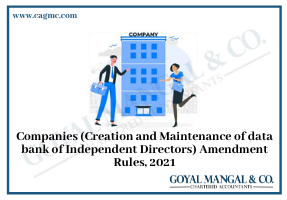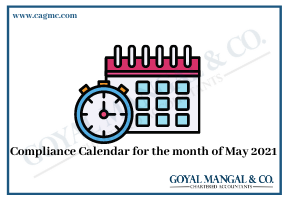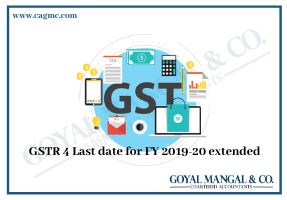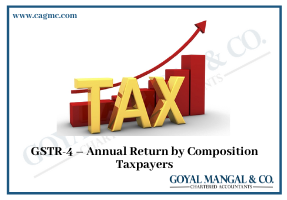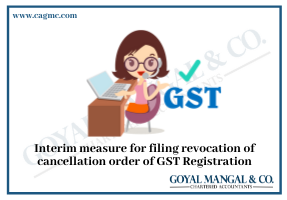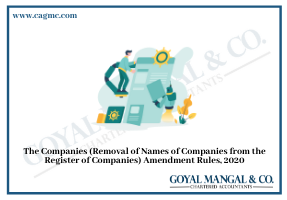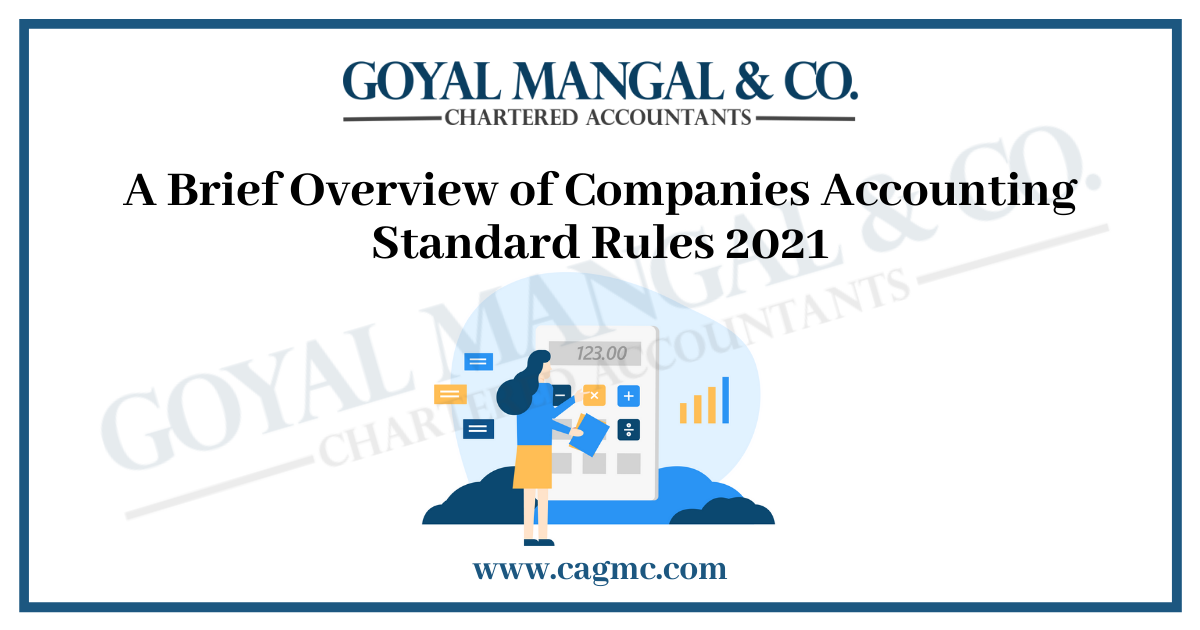
The Companies Accounting Standard Rules, 2021 was notified by the Ministry of Corporate Affairs on 23rd June 2021. These rules include accounting standards, the revised definitions of small and medium companies (SMCs), and exemptions offered to these SMCs. These rules replace the Companies (Accounting Standards) Rules 2006. These rules are applicable to all the companies other than the companies covered by The Companies (Indian Accounting Standards) Rules 2015.
Under these Rules, an SMC is a company having a turnover limit of Rs 50 crore to Rs. 250 crore and they have an enhanced borrowing limit. In this article, we will discuss about the Companies Accounting Standard Rules 2021 Rules, the definition of SMC, and the implication of the new rules on SMC.
|
Table of Content: |
Salient Features of Companies Accounting Standard Rules 2021
- The 2021 Rules, emphasize on small and medium companies to revise the turnover and borrowing limits.
- These Rules have revised the definition of small and medium companies. Under the revised definition, if a company has a turnover of Rs. 50 crore to Rs. 250 crore with enhanced borrowing, then it is an SMC. In addition to this, the SMCs should be an unlisted company.
- The companies should use accounting standards for preparing their financial statements.
- In case an SMC has previously qualified for relaxations but no longer qualifies for the relevant exemption, then the relevant standard becomes applicable for the current period. The figures for the particular corresponding period of the previous accounting period need not be revised merely because it has ceased to be an SMC. The company in their financial statement should disclose that the company was an SMC in the previous period and availed relaxations.
- The Central Government discusses about the Accounting Standards 1 to 5, 7, and 9 to 29 specified in the Annexure to these rules. These Rules come into effect for accounting periods starting on or after the 1st April 2021.
- The rules further discuss about the obligations to comply with the accounting standard. These rules are applicable to every company, other than companies on which Indian Accounting Standards as given under the Companies (Indian Accounting Standards) Rules, 2015 apply and its auditors shall comply with the Accounting Standards as specified in the 2021 Rules.
- If any company was not an SMC previously and subsequently it becomes an SMC it shall not be qualified for the exemptions related to the accounting standards available for an SMC until that company remains an SMC for two full accounting periods.
Revised Definitions of SMC
Companies Accounting Standard Rules 2021 have changed the definition of an SMC. An SMC is a company having unlisted equity and debt securities. SMC is not a bank or an insurance company or a financial institution. It should have a turnover excluding other income and not exceeding Rs. 250 crores. It should not have borrowing in excess of Rs. 50 crore. This turnover and borrowing criteria have to be assessed for the immediate preceding financial year. The borrowing limit of the SMC is based on the funds borrowed at any time during the immediate preceding year. Lastly, the company should not be a holding or subsidiary company of a company which is not an SMC.
Implications of Companies Accounting Standard Rules 2021 on SMCs
- Clause 5 of the Rules states that when a non-SMC becomes an SMC it will not avail any relaxation in accounting standards until the company remains an SMC for two consecutive accounting periods.
- Annexure A Clause 1.2 discusses when a company previously falling under the definition of a company no longer comes under the definition, all the relevant accounting standards will be followed.
- There is no need for the company to revise the figures for the corresponding period of the previous year merely because it has ceased to be an SMC.
- It is the duty of the company to disclose the fact that it was an SMC and it has availed the exemptions in its financial statements.
Conclusion
The Companies Accounting Standard Rules are self-contained accounting standards catering to the needs of small businesses. It acts as a common set of accounting standards. Moreover, the increased turnover of the SMC for certain exemptions in accounting standards is a positive move by MCA. These revised rules will help small companies in doing business.
